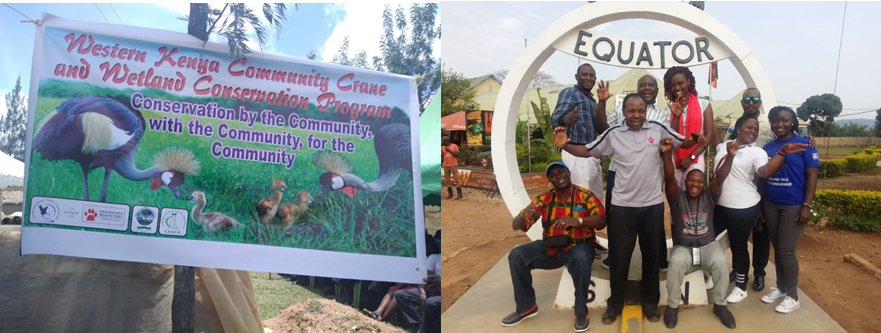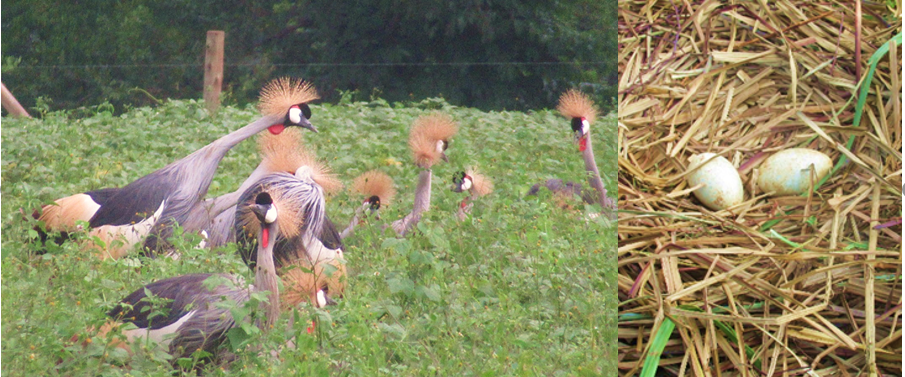
Water and Wetlands
The contact person for this programme is;Dr. Joseph Mwangi
Email: joseph.mwangi@cancokenya.net, josephm@savingcranes.org
This programme empowers local communities to improve wetlands and water resources management. It focuses on capacity building and empowerment on sustainable wetland and water use. In this respect, CANCO empowers communities to manage natural resources in a sustainable way and assists them to realize their vision of sustainable development through training, building sustainable and effective institutions for Integrated Water Resource Management and Integrated Flood Plain Management.
Between 2012 -2015 CANCO chaired and coordinated the Kenya Water Partnership – KWP. The KWP secretariat is hosted by the Ministry of Water Headquarters, at Maji House in Nairobi and part of the Global Water Partnership. KWP was formed in November 2003 during the first national conference on Integrated Water Resource Management (IWRM) organized by the then Ministry of Water and Irrigation. KWP was set-up to create a dialogue and discussion forum to enable the water sector players and stakeholders address emerging issues as regards to water sector reforms. .
In 2017, CANCO entered into partnership with International Crane Foundation (ICF) /Endangered Wildlife Trust (EWT) KCWCP to implement a five-year project between 2017-2022. The aim of the project is to secure and improve the ecological integrity of key sites for cranes in Kenya in collaboration with local communities and stakeholders. International Crane Foundation (ICF) /Endangered Wildlife Trust (EWT) operations in Kenya, is through the Africa Crane Conservation Programme (ACCP), which has operations in four other African countries: Rwanda, South Africa, Uganda and Zambia.
This ICF/EWT program has two projects; Kenya Crane and wetlands conservation project (KCWCP), and Conserving Wetlands to save Grey Crowned Cranes and sustain community livelihoods in Western Kenya.

Wetlands Initiatives
CANCO is a member of the National Ramsar Committee of Kenya, the Kenya Wetlands Forum, and the National Organizing Committee for Worlds Wetlands’ Day events. We are also the CSO focal point for Communication Education and Public Awareness. CANCO has remained active in the conservation of Kenya’s wetlands, particularly, the Tana Delta wetlands and other coastal inter-tidal wetlands, including the Tsunza-Mwache-Mteza and Ramisi River-Funzi Bay estuarine wetlands. CANCO participates in government led wetland policy and management processes. CANCO was part of the national sub-committee under the then Ministry of Environment and Mineral Resources involved in the development of the National Wetlands Atlas for Kenya. CANCO was part of the team that provided input to the
Ramsar Information Sheet for the Tana Delta. CANCO is also part of the team coordinated by National Environment Management Authority in the development of the wetlands integrated management plan for the Tana Delta. CANCO was involved in the development of the Lake Jipe Integrated Management Plan.
CANCO is an advocate for the multiple land-use, conservation, and wise use of wetlands. CANCO stands firm against programs and projects that are large-scale monoculture and those large-scale development projects that convert and reclaim wetland leading to the loss of wetlands biodiversity values and local livelihood systems
